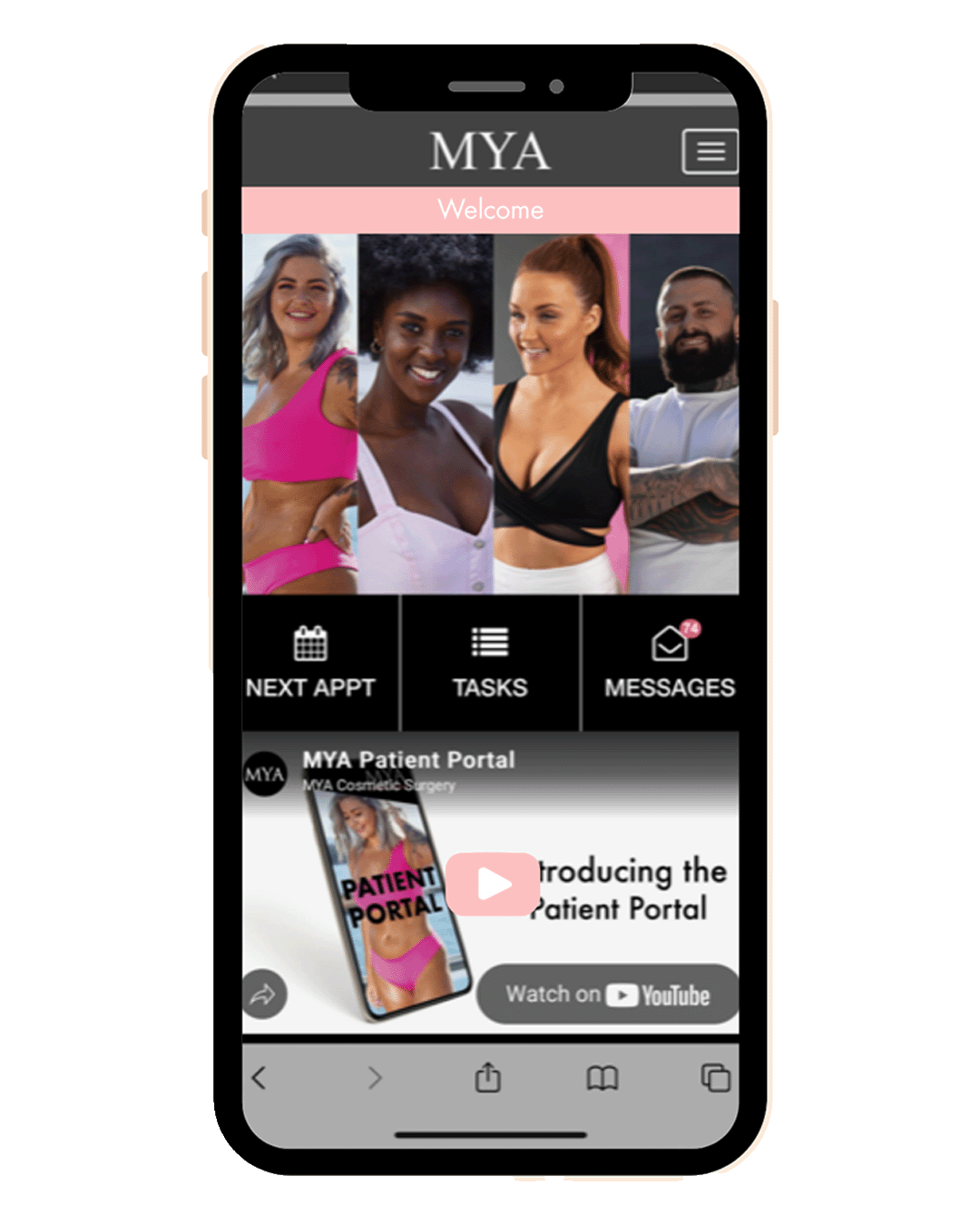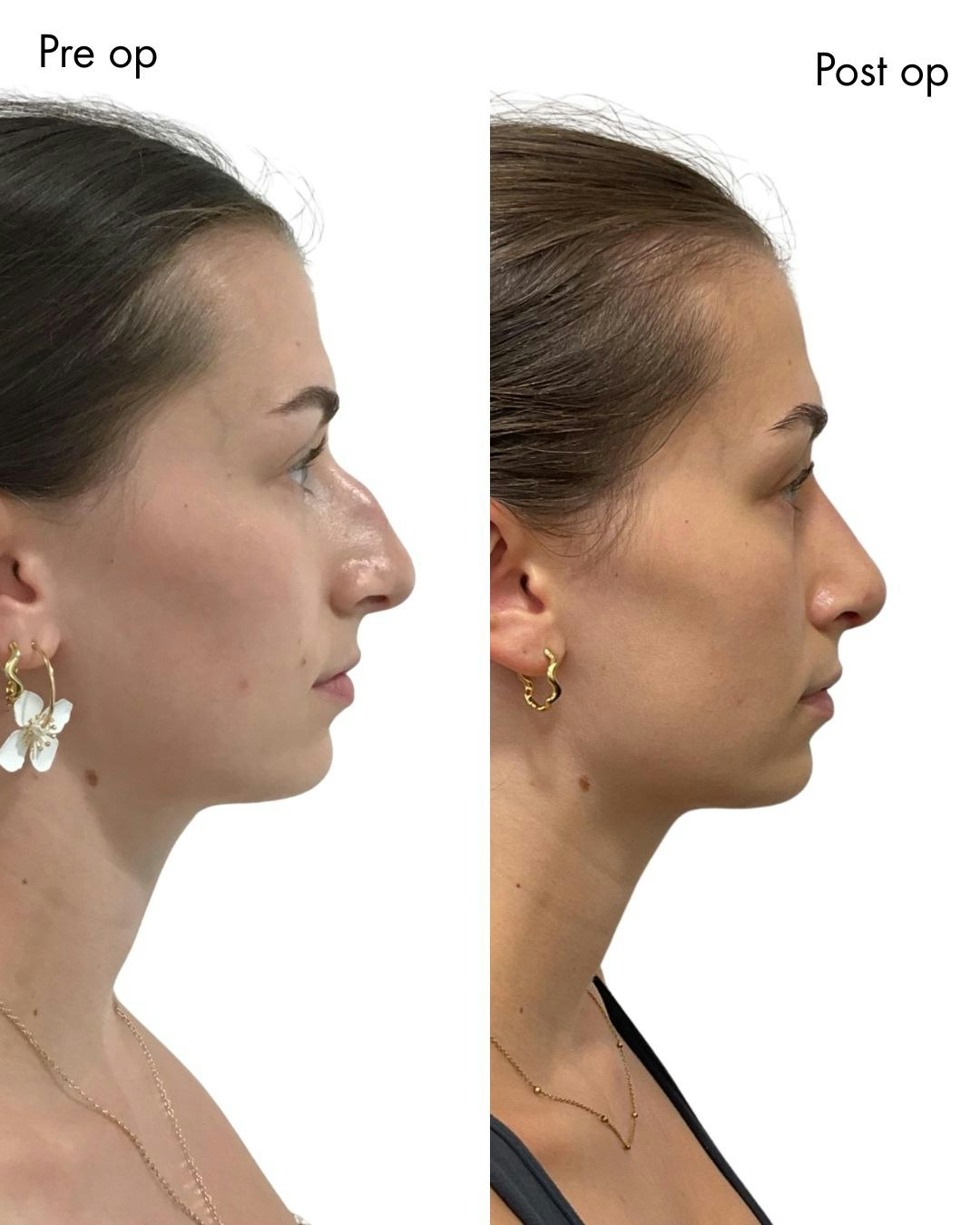We decided to conduct a nationwide study, with over 2,000 members of the British public*, to take them on a journey of enlightenment. Real-life cosmetic surgery experiences were shared by people who have experienced a variety of procedures, from all ages, genders and backgrounds, where respondents heard first-hand accounts and looked at unedited before & after surgery photography, who were then asked to take part in a confidential census to disclose their opinions, thoughts and perceptions.
We discovered that the key to understanding the complexities of this industry lies in the real-life experiences of people who have had cosmetic surgery. Over half of people (53%) say hearing real cosmetic surgery stories gave them a better understanding, yet 1 in 3 (29%) said that hearing real patient stories still hadn’t changed their perception of cosmetic surgery. After hearing patient stories, 62% of people say they would now support a friend or family member who was considering a cosmetic procedure.
The procedures Brits consider acceptable are largely based on physical appearance; breast reduction is the most accepted (82%), whilst breast enlargement (64%) and liposuction (55%) are the least accepted, proving there's still some way to go in helping Brits to understand the real reasons why some may choose to go under the knife - reason that go far beyond celebrity culture and attention seeking.
As part of our ongoing campaign to change perceptions around cosmetic surgery, MYA has teamed up with Consultant Psychologist and Psychotherapist Honey Langcaster-James, to continue to explore the psychological and physical impact of cosmetic surgery, whilst aiming to change a mindset in society, where people start to understand the real, often complex, reasons why others may choose cosmetic surgery, and look beyond the simple who and what.
If you’d like the opportunity to hear some real-life patient stories first-hand, have a read of:
Phoebe’s Story:
*The research was conducted by Censuswide, with 2,020 nationally representative UK general respondents between 28.01.2019 - 04.02.2019. Censuswide abide by and employ members of the Market Research Society which is based on the ESOMAR principles.












